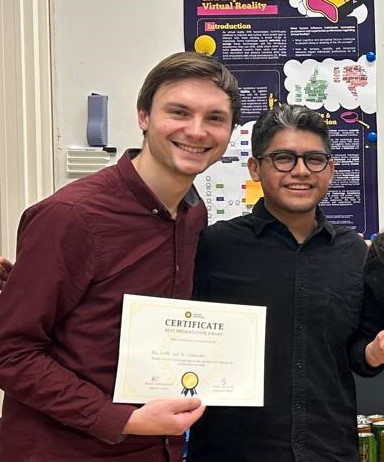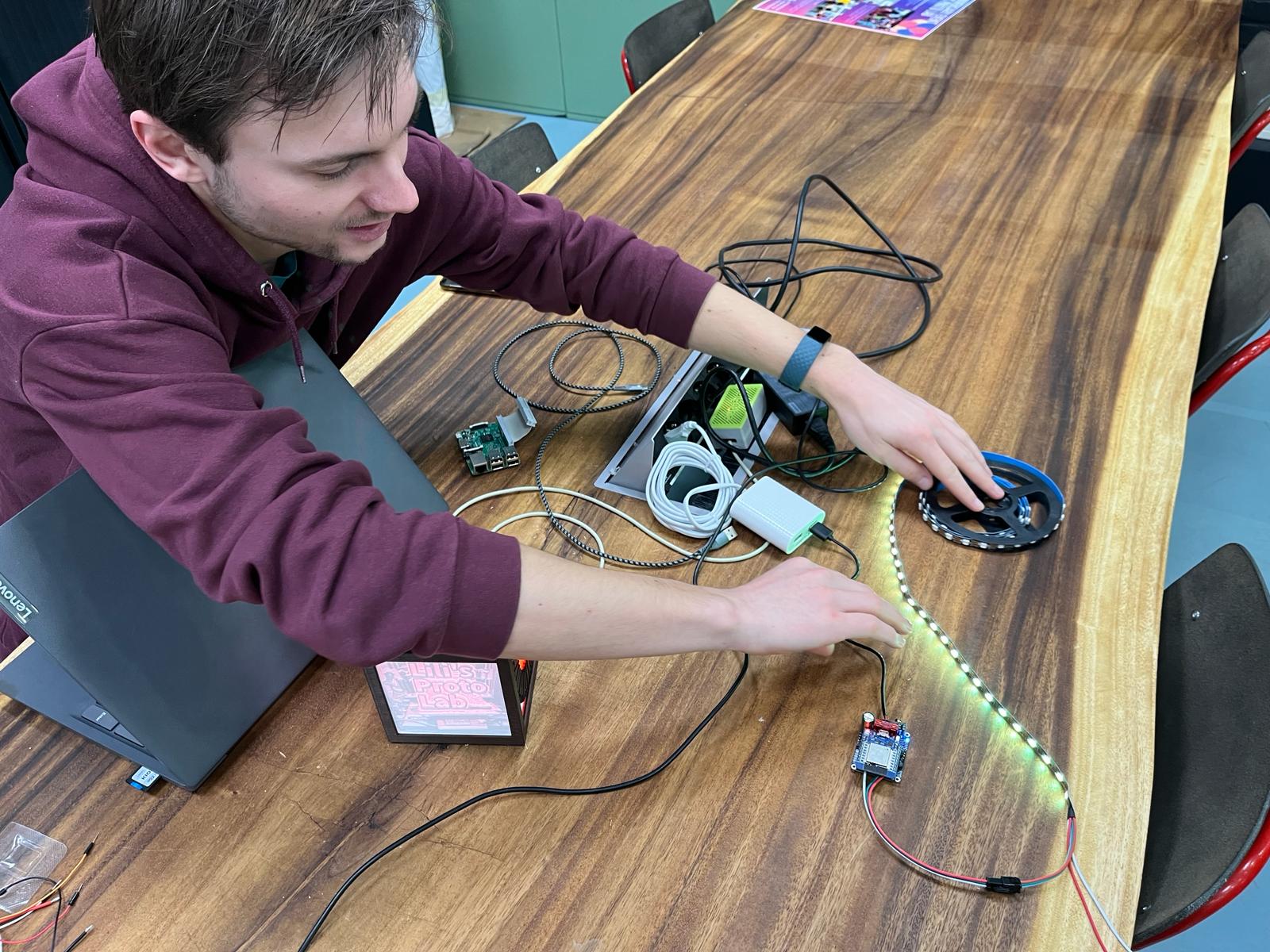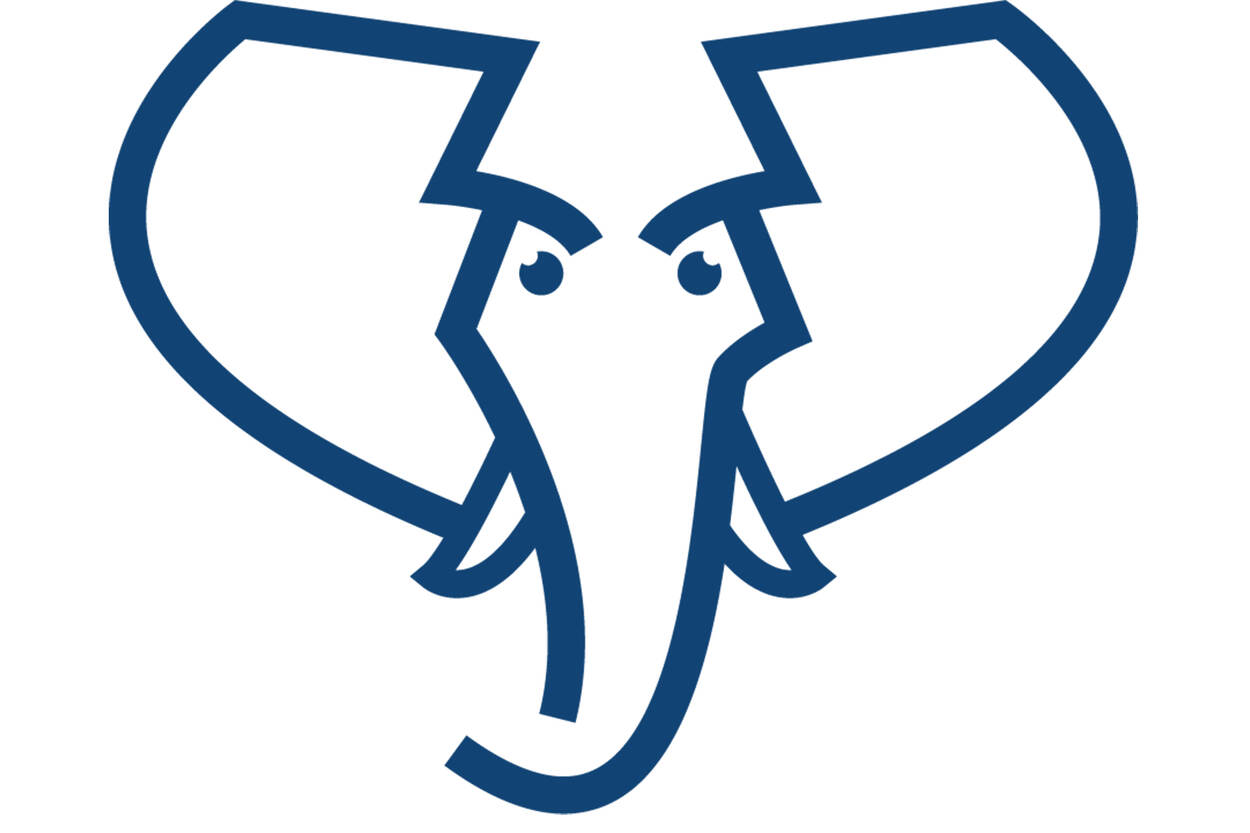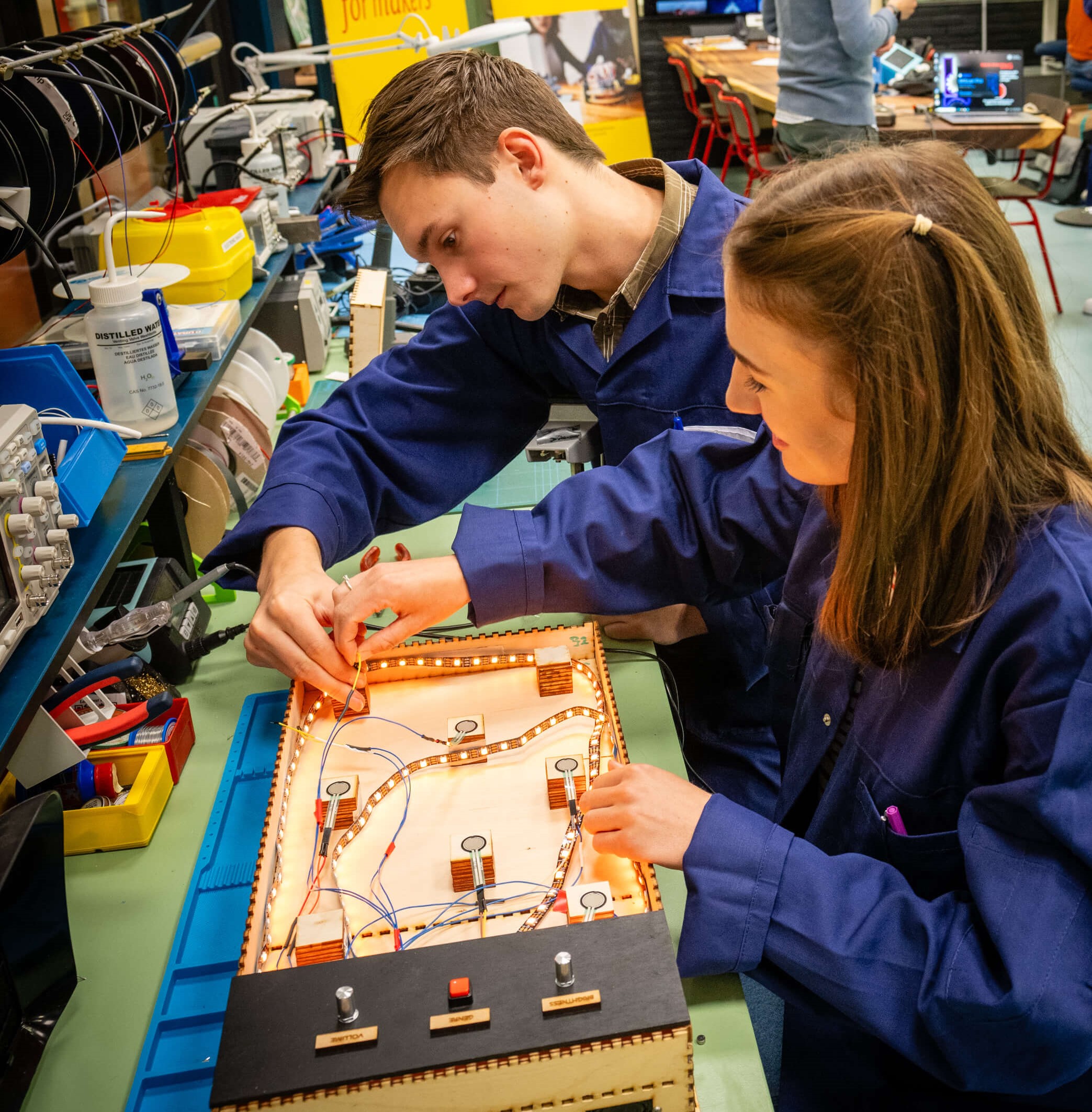Masters Human-Computer Interaction at Utrecht University
I chose the master Human-Computer Interaction because it piqued my interest in the topics of human-centered design. Often in my work as a software developer when I was making a feature for users I was wondering 'why am I making a system that works this way?' and I believe this masters could prepare me to finally answer that question in a scientific way.
A peak at my curriculum and what I learned
Looking at the electives in the study programme that I compiled for myself, I think I can say that some align more with the topics within HCI than others. I followed Sound and Music Technology, which offered an in-depth insight into importance of music and sounds, a lot of processing methods and even opportunities for generation of music through AI. I thought the contents of this course were facinating and I even used quite some knowledge I gained from this course in my Interactive Technology Innovation project.
I believe the same can be said for Natural Language Processing. This course teaches older and also brand new methods of generating, classifying and parsing texts using computers. While interesting, I would in the future opt for choosing a different course; this course was too theoretical, mathmatical and distant from HCI in my personal opinion, in retrospect.
I believe MMI was one of the most interesting and relevant courses I followed in my first year. It heavily touched upon the topics of human perception, technological modalities and the interaction between humans and this technology. As a project we conducted an entire study on 20 participants. We created the Liquid Glove, a glove with a microcontroller and Peltier elements attached, that could get hot or cold on input. In addition, we created a simple virtual world that could be viewed by using a virtual reality headset. With this, we conducted a research into immersion into virtual worlds. I loved how much freedom was given to us in creating a research for ourselves, and in the end it was a lot of fun as well because you are essentially demonstrating a unique experience.
Lastly, I folowed the Technologies for Learning course, given in the first period first year. This course was all about teaching systems and tracking student learning process, using a lot of real-life examples. I think it was very relevant for HCI, but also incredibly specific of a field. We created a (prototype of a) learning system that could teach chess: from the names of the pieces to actual strategies. As someone who knows absolutely nothing about chess, it was really interesting to build such a system. There is a LOT of considerations for a system, and actually trying to create one really helped understand the contents of the course better.
After making an initial plan for what electives I would take at the beginning of the first year, I decided to change a couple of things during the years. I planned to do mobile interaction, but decided to follow NLP instead due to similarities to multi-modal interaction. In addition, I dropped a very mathmatically oriented course in the second year, which was a blessing in the end because it gave me the opportunity to do information visualisation, one of my favourite courses of the curriculum.
The next sections will highlight some projects I'm particularly proud of.


Information Visualisation: SpotiVis 2nd period, year 2
For Information Visualisation, we created SpotiVis, an interactive tool which can be used to gain insight into spotify song data from the top 50 over 73 different countries. It shows the relations between songs, albums, artists and genres, what times the songs were popular & in what countries, and what musical features the songs possess.
The application was created in a group of 3, and my main contributions are with the rank chart. Part of the designing process was an evaluation session with users, which worked to show what parts of the concept work and what parts don't function as intended. It was increadibly interesting but also challenging to create these visualisations fully from scratch.
Qualitative Research Methods: Password Manager Usage 2nd period, year 1
In the second period of 2024, I took the Qualitative Research Methods (QRM) course. It focused on qualitative data collection methods like interviews and case studies, with an emphasis on research design, analysis, and ethical considerations. A key component was a two-person project where we conducted a full research study, which we presented in a student-organized conference at the end of the course.
For our project, we explored password managers, trying to understand why people use or avoid them and their general approach to password security. We designed semi-structured interviews, which allowed for flexibility in questioning while maintaining a consistent script.
Conducting interviews proved challenging, specifically in avoiding unintentional bias when asking questions. We recorded and transcribed responses, then manually coded the data to identify trends. Our findings showed that non-users often had security or privacy concerns, while users of password managers prioritized convenience. Many participants also highlighted the importance of remembering passwords themselves, often leading to them reusing old ones time and time again.
This project brought me valuable hands-on experience with qualitative research, from designing a study to analyzing qualitative data.


Interactive Technology Innovation: Slice of Magic Cutting Board3rd period, year 1
Interactive Technology Innovation or ITI was all about iterative design and prototyping. From brainstorming to design synthesis, storyboards to customer journey maps, and from a low-fi to a high-fi prototype. In this course, we got full access to the prototyping lab of the university to create an actual product, centered around the theme of enchanted objects. While creating a real-life prototype is a lot of fun, the aim of the course was more on the design process and showing off iterative prototyping based on user feedback.
During the project, I took on role as organisational lead but was mainly concerned with computer design, prototyping the Arduino and ESP32 and programming of the product. As the prototype contained lighting, pressure sensors, potentiometers, buttons, a sound module and two microcontrollers, programming all these components to work together was quite a big task on my own. In the end, I am proud of the finished product, but even more happy with the knowledge of iterative design and design synthesis, which I still use now during my thesis and for planning out project ideas.
Master Thesis: Search in HanskenNov. 2024 - ~Jul. 2025
Currently, I am busy with my thesis reseach at Netherlands Forensic Institute, working on evaluating and improving the Hansken search interface.
Hansken provides law enforcement and investigative agencies a digital forensic tool for seized digital material like phones or laptops. While increadibly powerful, the search interface and capabilities may not align with a detectives working needs.
For my research, I will speak with partners using Hansken to get insights into their working processes, needs and whishes. I will provide a new prototype of the search interface and evaluate the effectiveness of its features. With this, I hope to contribute to more effective and efficient solving of crimes.


Skills, knowledge and future plans
I believe the master provides a good starting point for later user research and iterative prototyping & design. The frequent group work - especially when creating a product like in Interactive Technology Innovation or Technologies for Learning - is comparable to iteratively designing and creating a real product.
After my studies, I would like to continue working in software development because I love programming, preferably while also being involved in user research for creating an optimal user experience. Next steps would include growing my technical skills, but also get more from soft skills like leadership, time management and effective decisionmaking. I believe the theory I learned and the projects I made have prepared me for the working field enough to make an impact, and make technology just a little bit more human-friendly :)